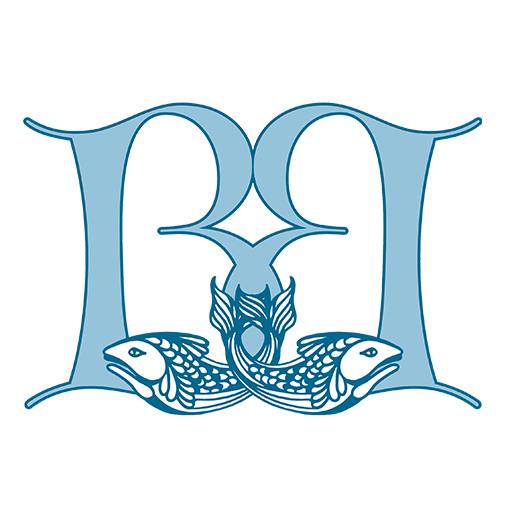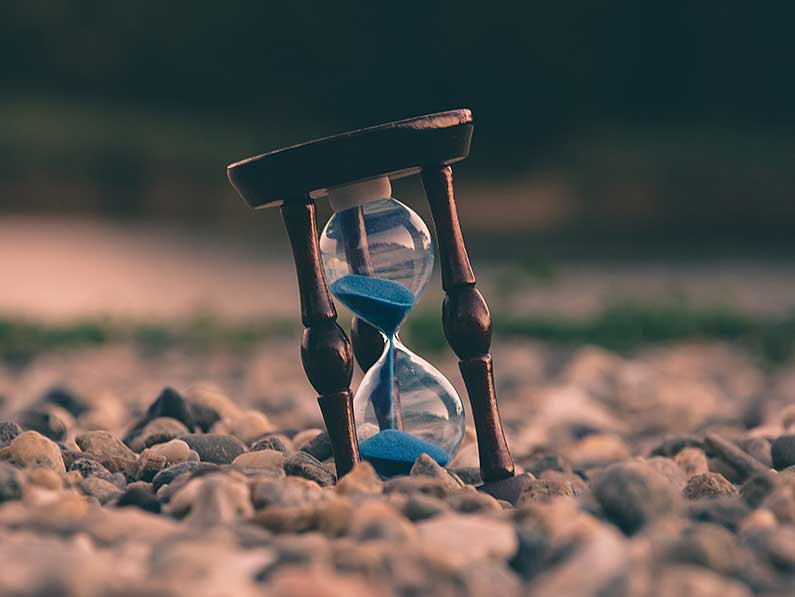By Ines Altemose
For a long time I have been fascinated by time. What is it really? Do I really “have it” as in “do I have enough time to do something?” That has always made it sound like a possession. Then there is “time management.” Is time really something I can “manage?” That makes it sound like something to control. And what about “passing time?” What does that mean? Can we pass it like a ball? Where did that come from?
I have heard it said that our perception of time changes as we age. This is because we somehow innately know that we have less time left in our life and therefore it seems like time has sped up. I remember how as a kid the summers stretched out ahead of me seemingly endless. Now I am more apt to use the cliché of “where did the summer go?”
I read somewhere that the perception of time has to do with our heart beat. Our bodies “measure” time by our heart beat. I have frequently had the experience of wondering “what time is it?” when no watch or clock was readily available, guessing at the time and finding out I was quite accurate.
Upon retirement six years ago, I suddenly “had time!” For what? To do things that I wanted to do and not be bound to a work schedule. This was both freeing and intimidating. I found myself wondering about what was important in my life. I also was concerned about “wasting time.” I settled into a rhythm of activities that brought meaning and pleasure to me.
When the stay-at-home orders came in March, I didn’t for a moment consider that it would impact my perception of time. I already had a lot of choice in terms of what I did with “my time.” And then there was the Zoom explosion. Zoom became a means of staying in touch with friends and family, teaching my dance fusion fitness classes and attending book club and other meetings. I was grateful that this pandemic hadn’t occurred 30 years previously when that would not have been possible. With this explosion came a plethora of online offerings: classes and webinars on so many different things from all over the world. I am an omnivore and I started devouring these offerings -movement (so many!), book discussions, Women Together, politics, finances, astrology, perceptual and personality types, and the list goes on. So many interesting things and so little time! Before I knew it, I was on overload. I had to seriously challenge myself to make decisions about how best to use “my time.” At times it felt like being back on a work schedule.
At the same time, and despite all of these activities, there was a sameness to each day because I hardly went anywhere. My husband did a lot of the grocery shopping when he was out-and-about on other errands so there was little that got me out of the house other than a walk. I would wake up in the morning wondering “what day of the week is it?” This led me to explore what can be called “natural time” versus “mechanical time.” The way most of the world organizes “time” is with the Gregorian calendar: 24 hours in a day, 7 days a week, 28-31 days in a month (?!) and 365 days in a year except for leap year. This is not the way the universe works. The universe works in cycles as in those of the sun and the moon. There are 13 moon cycles in a year. Why not get in touch with that? A baby doesn’t go by the clock but rather by body cycles of hunger, thirst, tiredness. Even though for practical purposes we need imposed time (what I am calling “mechanical time”), we can become sensitive to these cycles or waves of natural time. This period of COVID 19 time has led me to pay attention to my body and what it wants as opposed to an outside imposition. I sense when I am hungry and when I am tired. That awareness has led me to make different choices when I can and has enabled me to live more “in the flow.” As a consequence, I have let go of the fear that there isn’t enough time. I enjoy what there is!

